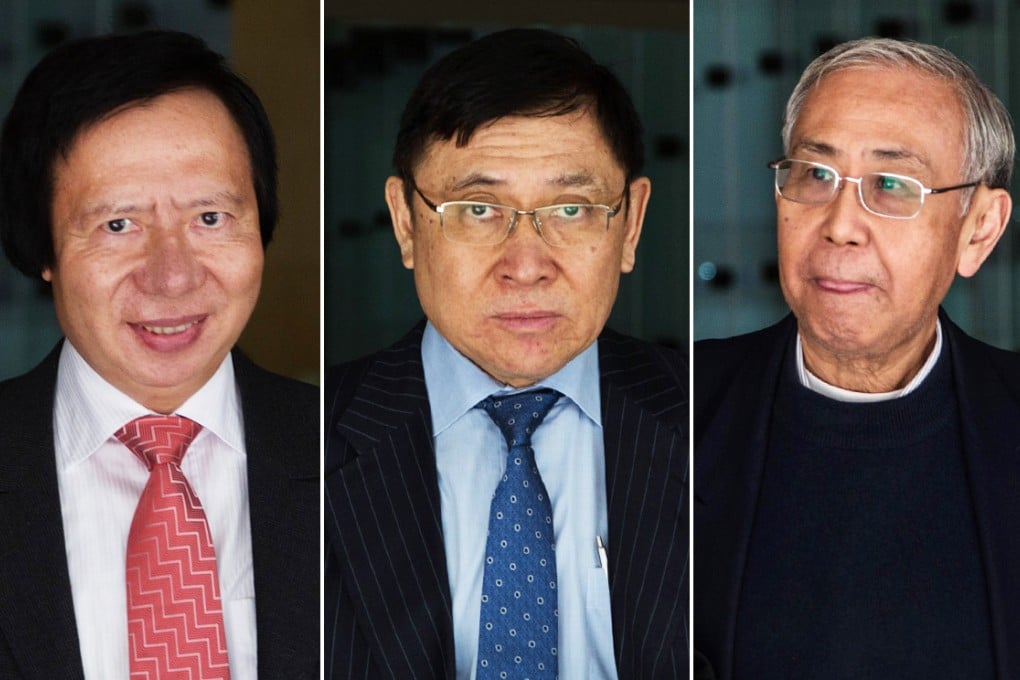Conspirators unlikely to record details in writing, judge tells jurors in Rafael Hui graft trial
Judge tells jurors it is unnecessary to identify any specific favours

A lack of direct evidence showing a conspiracy to commit an offence is not rare in prosecutions as few criminals would put down such agreements in black and white, the presiding judge of the city’s highest-profile graft trial told the jury on Monday.
“[Only] in a rare case and an exceptional case would a jury receive direct evidence of a conspiracy,” Macrae said. “You expect them to do it in private – they won’t put it into writing.”
The Kwoks stand accused of bribing Hui to the tune of millions of dollars to be the “eyes and ears” in government for SHKP.
Macrae suggested that the jurors look at the behaviour of each of the five defendants, including SHKP executive director Thomas Chan Kui-yuen and former Hong Kong stock exchange official Francis Kwan Hung-sang, the alleged bagmen for the illicit payments.

